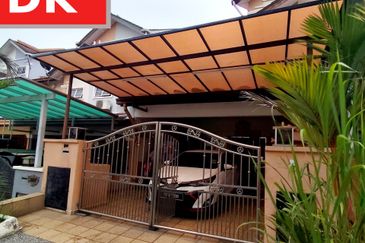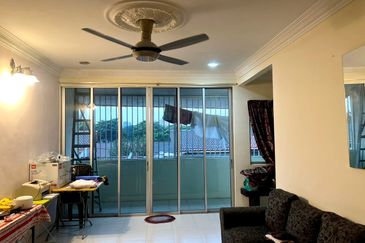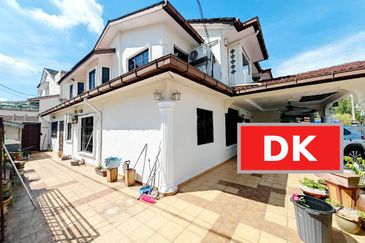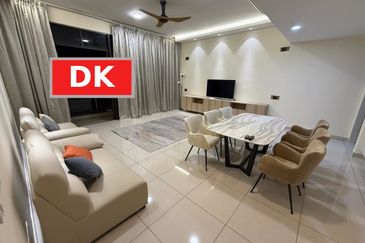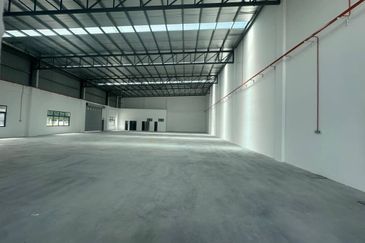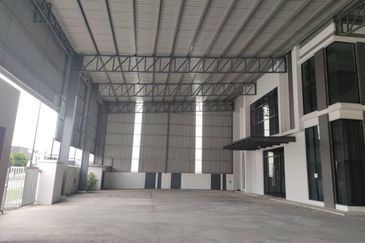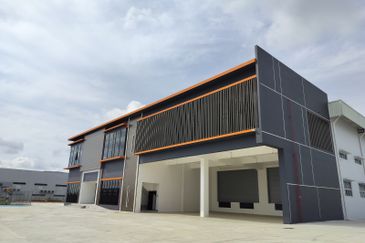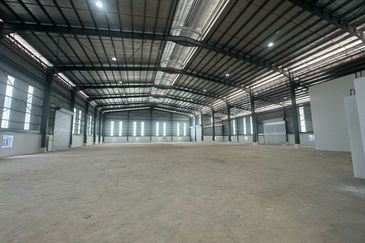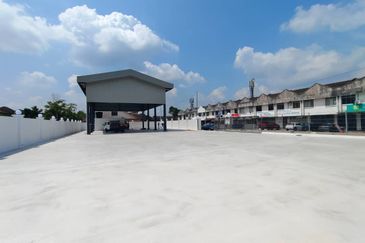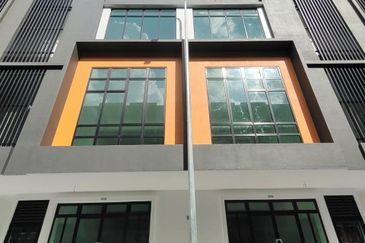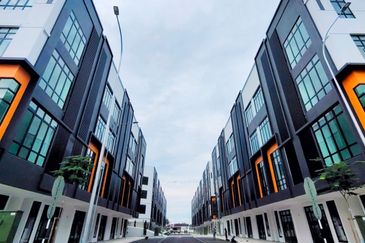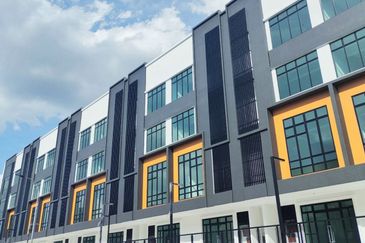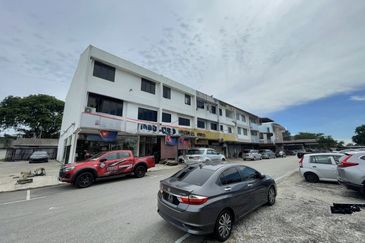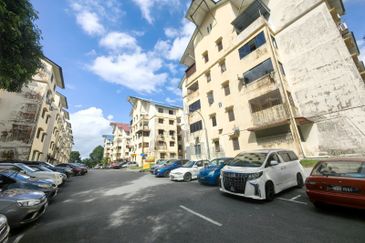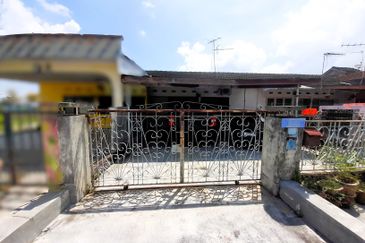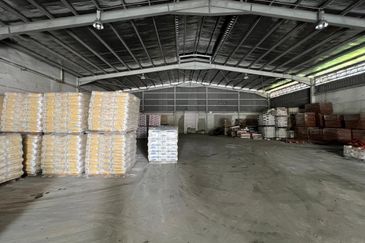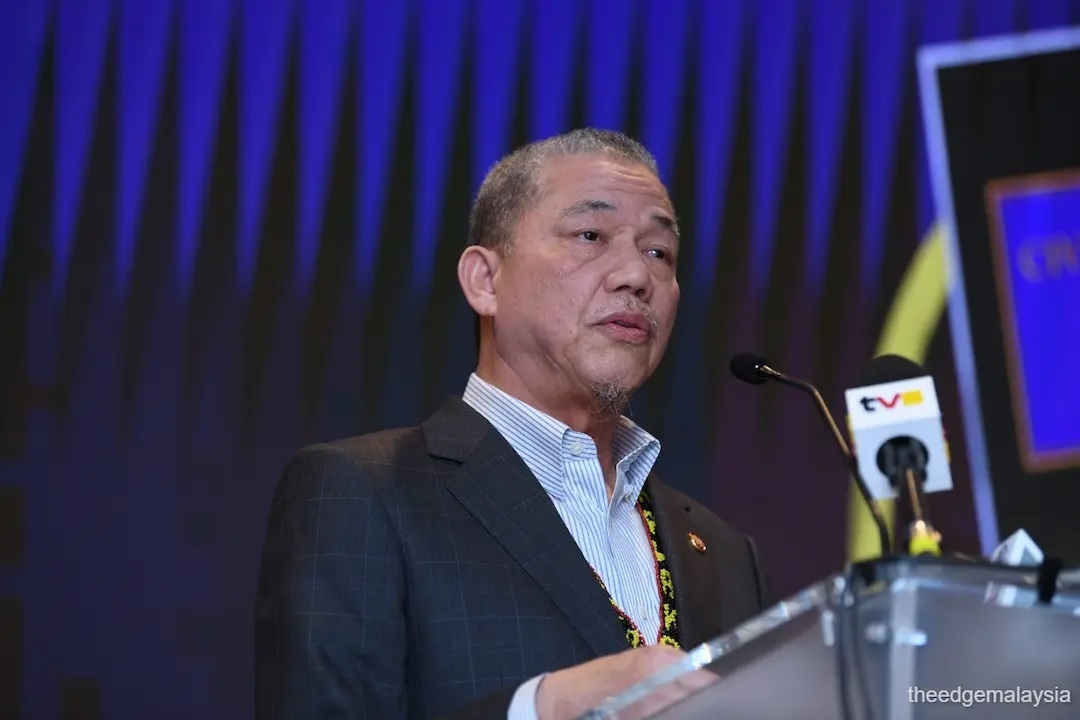
- Deputy Prime Minister Datuk Seri Fadillah Yusof said that although water falls under the jurisdiction of individual states, federal agencies such as the National Water Services Commission (SPAN) and a new regulatory entity, the Special Purpose Agency for Regulating and Coordinating Water-Related Matters (SPARC), are actively coordinating with utility operators to ensure fair and efficient water usage.
KUALA LUMPUR (Aug 6): The Malaysian government is working with state regulators to introduce a specific water tariff for data centres and heavy industrial users, while encouraging the adoption of recycled water and district cooling systems to reduce the strain on clean water resources.
Deputy Prime Minister Datuk Seri Fadillah Yusof (pictured) said that although water falls under the jurisdiction of individual states, federal agencies such as the National Water Services Commission (SPAN) and a new regulatory entity, the Special Purpose Agency for Regulating and Coordinating Water-Related Matters (SPARC), are actively coordinating with utility operators to ensure fair and efficient water usage.
“Before even any increase in tariffs, utility companies must submit to the SPARC. From there, it will be related to what the purpose is, the justification for the increase,” he said during a luncheon talk titled “Driving the Green Energy Transition” here on Wednesday.
Fadillah, who is also the minister of energy transition and water transformation, added that the government is encouraging industrial users, including data centres, to switch to recycled water and to develop sustainable district cooling systems.
“We want the state to set up zoning, so that we can have district cooling systems for all the heavy usage of water. This way, there would not be any competition for clean water for human consumption,” he said.
The deputy minister said that a specific tariff for data centres is being formulated, and the goal is to protect domestic consumers from cross-subsidising large-scale users.
Fadillah emphasised that the government’s long-term strategy is to balance economic growth with resource sustainability by promoting equitable access to water and encouraging industries to adopt more efficient and circular water technologies.
“This ensures that our water system is managed effectively while also incentivising responsible usage across all sectors,” he said, adding that the move comes amid rising concerns over the high water usage of data centres and other high-tech infrastructure.
Does Malaysia have what it takes to become a Blue Zone, marked by health and longevity? Download a copy of EdgeProp’s Blueprint for Wellness to check out townships that are paving the path towards that.
TOP PICKS BY EDGEPROP
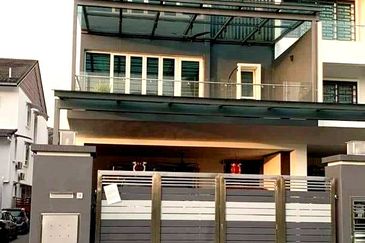
Taman Taming Indah 2
Bandar Sungai Long, Selangor
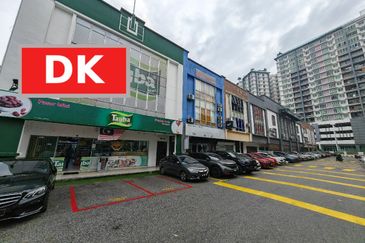
Taman Ampang Hilir
Ampang Hilir, Kuala Lumpur

Eco Botanic
Iskandar Puteri (Nusajaya), Johor


